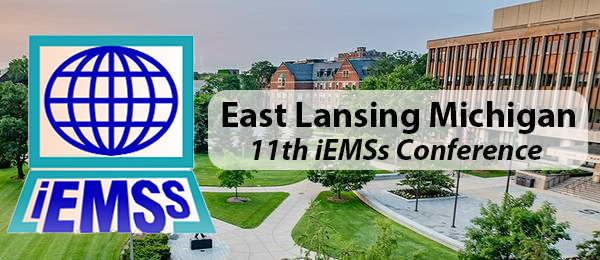Keywords
water quality; machine learning; time series; water distribution network
Start Date
5-7-2022 12:00 PM
End Date
8-7-2022 9:59 AM
Abstract
New York City (NYC) residents can report their drinking water quality complaints using NYC 311, a local government-sponsored call line and online portal that New Yorkers can use to report issues and request services. There were over 12,305 taste and odor (TO) drinking water quality complaints in NYC between 2010-2019. With the baseline data availability, along with annual increases, spatiotemporal analytics and machine learning can play a crucial part in understanding this water quality complaints trend. The objectives of this research are therefore to: (1) perform spatiotemporal analysis of observed water quality complaints and identify continuous hotspots; (2) develop deep learning-based time series models to forecast water quality complaints data in NYC, and; (3) compare the performance of the models in order to subsequently develop performance improvements. A long short-term memory (LSTM) network, Nonlinear Autoregressive Neural Network (NAR-NN) model, Support Vector Machine (SVM), and Random Forest (RF) were used for the machine learning-based time series analysis. This study will provide an in-depth insight into the effective management of drinking water quality complaints throughout NYC, leading to bolstered strategies for enhanced sustainable drinking water infrastructure management, data management, and operations in large urban cities.
Spatiotemporal and Machine Learning-Based Time Series Assessment of Water Quality Complaints in New York City
New York City (NYC) residents can report their drinking water quality complaints using NYC 311, a local government-sponsored call line and online portal that New Yorkers can use to report issues and request services. There were over 12,305 taste and odor (TO) drinking water quality complaints in NYC between 2010-2019. With the baseline data availability, along with annual increases, spatiotemporal analytics and machine learning can play a crucial part in understanding this water quality complaints trend. The objectives of this research are therefore to: (1) perform spatiotemporal analysis of observed water quality complaints and identify continuous hotspots; (2) develop deep learning-based time series models to forecast water quality complaints data in NYC, and; (3) compare the performance of the models in order to subsequently develop performance improvements. A long short-term memory (LSTM) network, Nonlinear Autoregressive Neural Network (NAR-NN) model, Support Vector Machine (SVM), and Random Forest (RF) were used for the machine learning-based time series analysis. This study will provide an in-depth insight into the effective management of drinking water quality complaints throughout NYC, leading to bolstered strategies for enhanced sustainable drinking water infrastructure management, data management, and operations in large urban cities.



Stream and Session
false